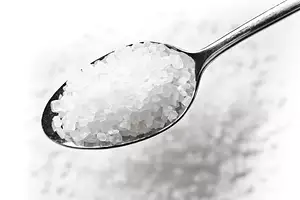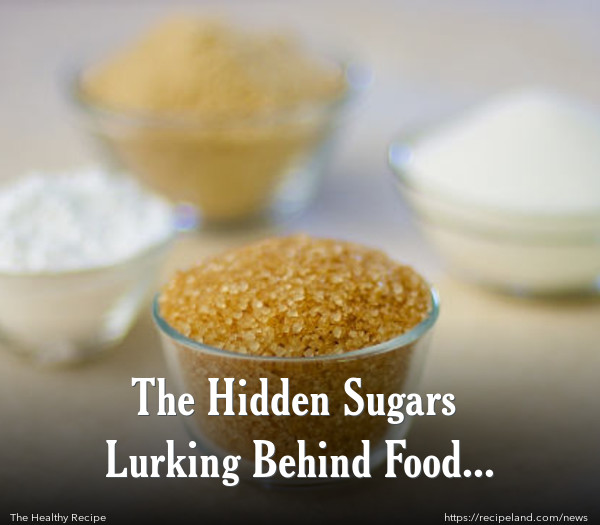Health experts now link excessive sugar to liver and heart problems, not only weight gain and the risk of developing diabetes.
Doctors have long warned the public about the negative health consequences of eating too much refined sugar. Vast amounts of research show that excessive sugar intake increases the risks of obesity and type 2 diabetes.
How much is too much? The World Health Organization warns that added sugars (found in most processed foods and soda pop) should be limited to less than ten percent of daily caloric intake. The American Heart Association released a statement that no more than 100 calories per day should come from added sugars. Children should have no more than three teaspoons of sugar per day.
Recent studies show that even this amount may be too high, and researchers argue that obesity and diabetes are not the only health risks associated with consuming high amounts of sugar and high fructose corn syrup.
According to a study published in the Harvard Health Letter, too much sugar (fructose) can lead to a build-up of fat in the liver: “This buildup is called nonalcoholic fatty liver disease, because it looks just like what happens in the livers of people who drink too much alcohol.”(1)
Like this form of liver disease, the same process can cause fat to build up in your arteries as well, leading to coronary artery disease and increasing your risk for heart attack and stroke.
Food labels in Europe, the UK and the US only show the amount of added sugars in products, making it impossible to know for sure how much total sugar is in the food we eat. In response to the 2010 US Dietary Guidelines Advisory Committee, Joanne Slavin stated that “the Nutrition Facts Label provides information on total sugars per serving, but does not distinguish between sugars naturally present in foods and added sugars. There is no method to measure added sugars; added-sugar values are calculated values.”(2)
So how do we protect ourselves and our children from the hidden health dangers of excess sugar in sweets, sodas and energy drinks? Policy makers in the US have banned the use of vending machines and sale of soda pop and candy bars in schools, leading to a nearly 90% decrease in calories from sugar that are available to children during the school day.
It’s also important to remember that energy and sports drinks are full of added sugars that are best reserved for true athletes - not a healthy part of the average person’s diet.
Limiting as much refined sugar as possible is the best way to maintain a healthy diet and spare ourselves and children from the growing list of medical complications linked to sugar. Pay attention to labels, and remember that there are generally more sugars present than what is actually listed as added sugar. Avoid junk food, processed sweets and sodas especially, opting for healthier lower sugar alternatives.
(1)Abundance of fructose not good for the liver, heart: Another reason to avoid foods made with a lot of sugar. (2011). Harvard Heart Letter, 22(1), 5.
(2) Slavin, J. (2012). Beverages and body weight: challenges in the evidence-based review process of the Carbohydrate Subcommittee from the 2010 Dietary Guidelines Advisory Committee. Nutrition Reviews, 70S111-S120. doi:10.1111/j.1753-4887.2012.00537.x










Comments